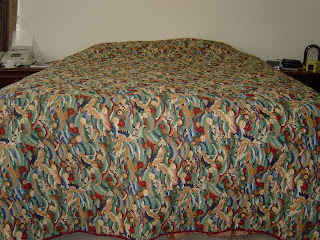
Chinese word "Fuwa" means "Good-luck dolls". In the early design time, the Mascots were named as "Friendlies" . However, in the later discussions, use Chinese word "Fuwa" was elected by Chinese.
Fuwa will serve as the official Mascots during Beijing 2008 Olympic Games, carrying pace and love from China to all children over the world.
The Fuwa includes 5 members, they are the Fish, the Panda, the Tibetan Antelope, the Swallow, and the Olympic Flame. Each character has a traditional Chinese two-syllable name, Beibei is the Fish, Jingjing is the Panda, Huanhuan is the Olympic Flame, Yingying is the Tibetan Antelope and Nini is the Swallow. The Fuwa's name together is "北京欢迎你 - Bei Jing Huan Ying Ni "-Welcome to Beijing.
Five Fuwa members have their colors to match the Five Olympic Rings and also represent 5 natural elements. Beibei is blue, represents the see; Jingjing is black, represents the forest; Huanhuan is red, represents the fire; Yingying is yellow, represents the Earth; Nini is green, represents the sky.
Mascots "Fuwa" was announced by the National Society of Chinese Classic Literatures Studies on November 11, 2005 on the event making the 1000th day before the opening of the games.
Also a 100-episodes Olympic-themed cartoon series featuring the Fuwa was release in China on August 8th, 2007.













